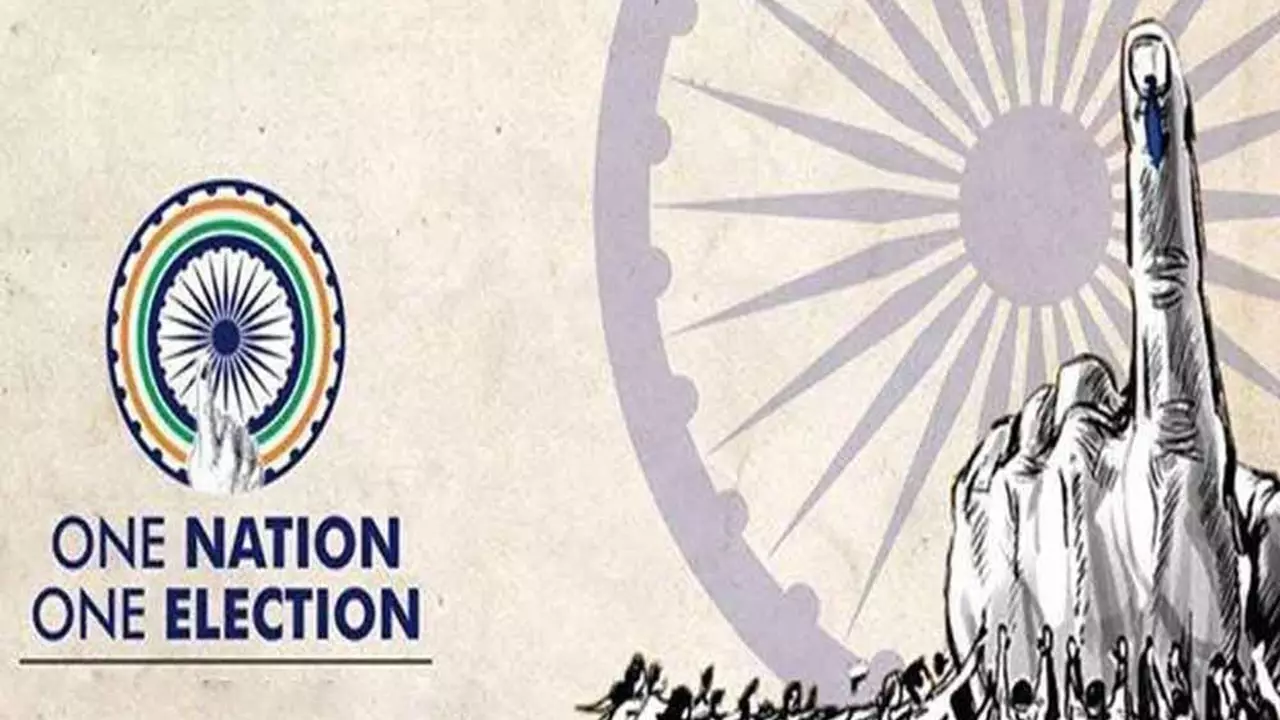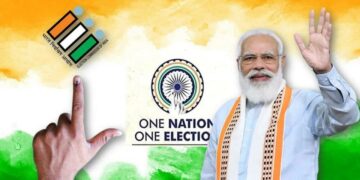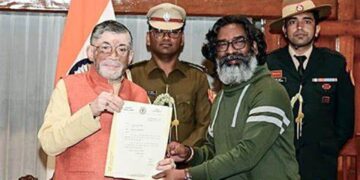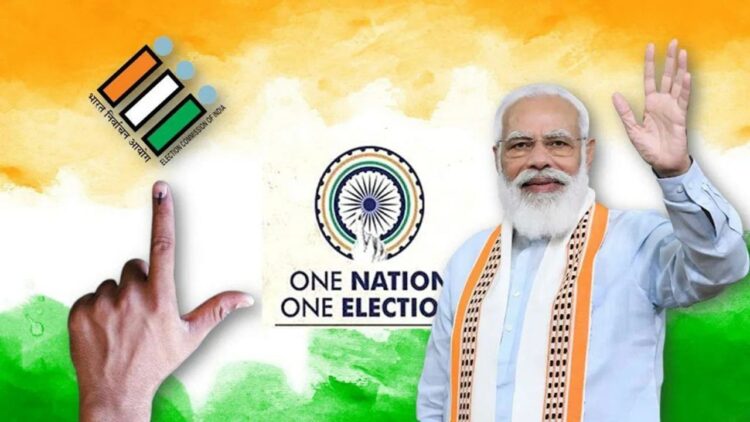The government of India has constituted a committee which will be led by the former president of India, Mr. Ram Nath Kovind. The committee aims to explore the possibilities of implementing the One Nation, One Election across India. The report of this committee has come a day after the Parliamentary Affairs Minister Pralhad Joshi revealed a special session of parliament which will be held between 18 September – 22 September 2023.
Understanding One Nation, One Election

However, it has not been clear yet about the agenda of the particular 5-day parliament session, which will be held days after the G-20 Summit. Since the agenda has not been clear, there are speculations that the agenda will include dissolving the current parliament and the early Lok Sabha Elections for sure, while some are also saying that the session might revolve around the simultaneous elections.
What is One Nation, One Election?
So what is the one nation, one election? The term in India means synchronizing all the Lok Sabha and state assembly elections, which means organizing all the elections on a single day or in a specific time frame. PM Modi has said several times the idea of holding elections of Look sabha and all the assemblies at the same time, and now, as the government has tasked Ram Nath Kovind for the same task, this shows the government’s seriousness. Let’s discuss the pros and cons of this election system.
Pros of ‘One Nation One Election
- One of the primary benefits of implementing this scheme will be a reduction in the cost, as it takes a tremendous amount of money to organize a single election.
- It will also ease the burden on the administration and the security forces, who otherwise have to give more time in various elections.
- If this scheme has been implemented, the government will have more time to focus on its governance task rather than be busy with the election work.
- It will also motivate voters to come for a vote as they can cast many ballots at once and no need to come again in every election.
Cons
- Implementing this new pattern requires various constitutional and legal framework amendments.
- Many people worry that regional issues might get overshadowed by national issues, and thus, it will also affect the election outcome.
- One significant hindrance in implementing this pattern is that various parties disagree, and the opposition has already opposed this new election pattern. So it will be challenging to make all agree on this.
So, what are your views on this? Do you think this new election pattern will benefit India, or how will it affect all the parties?
To get more out of our exclusive news, Follow us on Facebook and Instagram.















